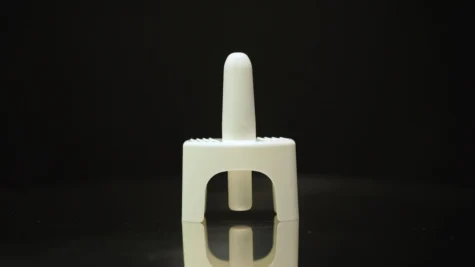The journey through substance abuse treatment is challenging yet transformative. But what happens when treatment ends? For many, finishing formal treatment is an exciting milestone, but it also raises questions and uncertainty about what’s next. Knowing what to expect can help you prepare for ongoing success and personal growth as you move on to life after treatment.
The Transition: From Treatment to Real Life
As people complete treatment, the process might not necessarily be perceived as the end but rather a stepping stone into either full recovery or a relapse. Numbers indicate that the national rates of drug dependence relapse are similar to what we’ve seen in longitudinal studies, which show rates between 40 and 60 percent over time.
The treatment stage has already ended. While it might seem daunting, celebrating can sometimes feel like we’re just fooling ourselves, but it’s an important step to help us maintain our progress.
So here’s what usually happens after the treatment comes to an end:
- Emotional Readjustment: Addiction treatment provides a supportive environment that helps clients feel secure. However, it’s common to feel unsettled when they leave that environment. Throughout the treatment process—and even after it’s over—it’s natural to experience a mix of joy and fear.
- Rebuilding Connections: Relationships that either were adversely affected or completely disregarded during the period of active addiction need to focus on the healing process. It is imperative to rebuild good communication and trust.
- Establishing New Routines: The formal order and treatment schedule are replaced by the need to adjust to a new way of life that supports sobriety.
Wherever You Go: Developing a Support System is Crucial
Maintaining a robust support system is one of the most critical aspects of post-treatment life.
What happens when treatment ends largely depends on the relationships you nurture. Consider these strategies:
- Participate in Aftercare: Clinical follow-up in the form of various programs is one effective way to extend acute treatment and help reduce the chances of relapse.
- Family and Community Support: Support systems such as family members and community support, Alcoholics Anonymous and Narcotics Anonymous, work to establish core supportive structures. Such relationships help build motivation and empathy.
- Professional Guidance: Therapies like dialectical behavioral therapy, cognitive behavioral therapy, and one-on-one therapy sessions are some opportunities that help in personal development and learning to handle challenges.
Living with Purpose: Finding Meaning in Recovery
It’s important to note that assigning a specific function or purpose to an activity often happens when someone is undergoing a treatment program.
But what happens when the treatment ends and the search for meaning begins?
- Goal Incorporation: Your path may be safer if you have short-term and long-term goals, in that you have something to aim for and feel that somehow you ‘achieved’ something during your journey.
- Changing Places and Things: Changing or adding more activities that don’t rely on substances has been thrilling for non-users, helping them steer clear of cravings.
- Volunteer: Assisting the community aids other people and strengthens one’s resolve to be sober.
Riding the Waves: Coping with Challenges
Completing treatments doesn’t mean that one cannot be confronted with difficulty. Here’s how to navigate common obstacles:
- Triggers: Management: List triggers and devise ways to avoid them. Deployment strategies must be in place.
- Prevention of Relapses: Realize that relapses are common. Acting on such reasons immediately and asking for help makes it easy to return to proper functioning.
- Meditation: Using mindfulness-based strategies in addition to standard therapy improves awareness and reduces urges.
Looking Ahead: The Ending of One Stage is the Beginning of Another
While treatment is a pivotal step, the journey of recovery is lifelong. The question remains: what happens when treatment ends? The answer lies in embracing change, seeking support, and committing to personal growth.
Southern Sky Recovery is here to walk alongside you.
As a family-oriented treatment facility, we provide a variety of services tailored to your needs, including:
- Intensive Outpatient Program (IOP)
- Partial Hospitalization Program (PHP)
- Outpatient rehab
- Medication-assisted treatment
- Drug intervention services
- Dialectical Behavior Therapy (DBT)
- Cognitive Behavioral Therapy (CBT)
- Family therapy
- Individual therapy
Our dedicated staff genuinely cares about your success and is ready to support you every step of the way.
Touch the Sky: Get in Touch With Southern Sky Recovery Right Now
Would you like to embark on a journey where everyone you meet genuinely cares about you and your needs? At Southern Sky Recovery, we’re here to help you rise above.
Before leaving our facility, we ensure clients feel emotionally prepared and confident about life after treatment. Contact us, and let us support you on your path to lasting recovery!



